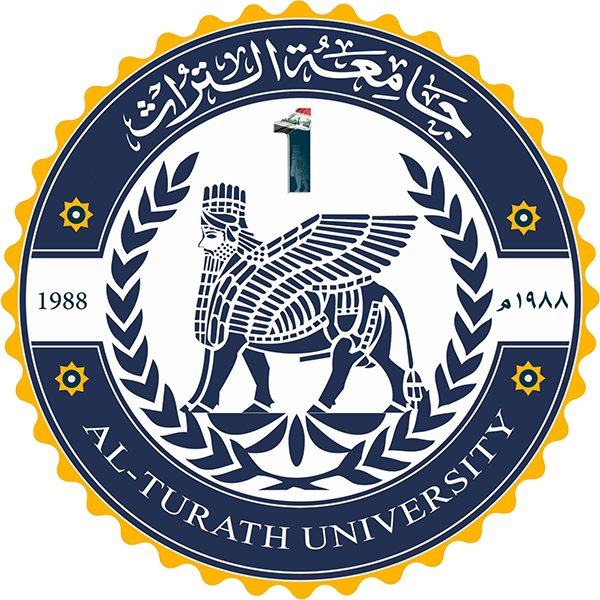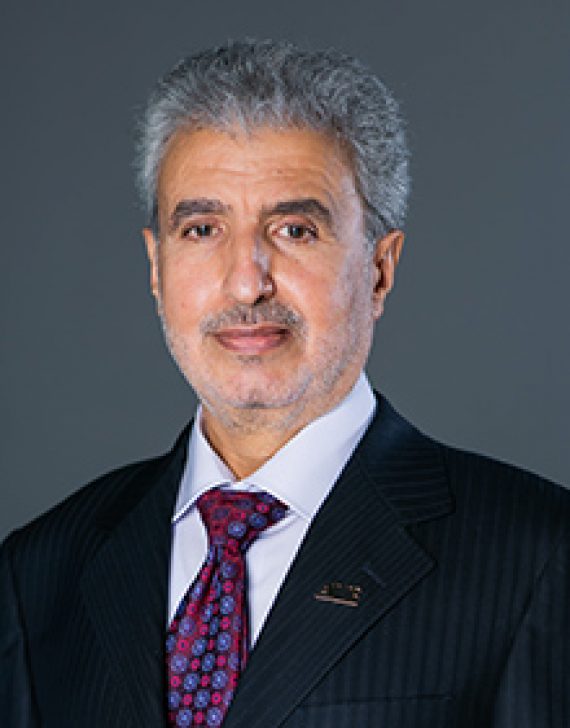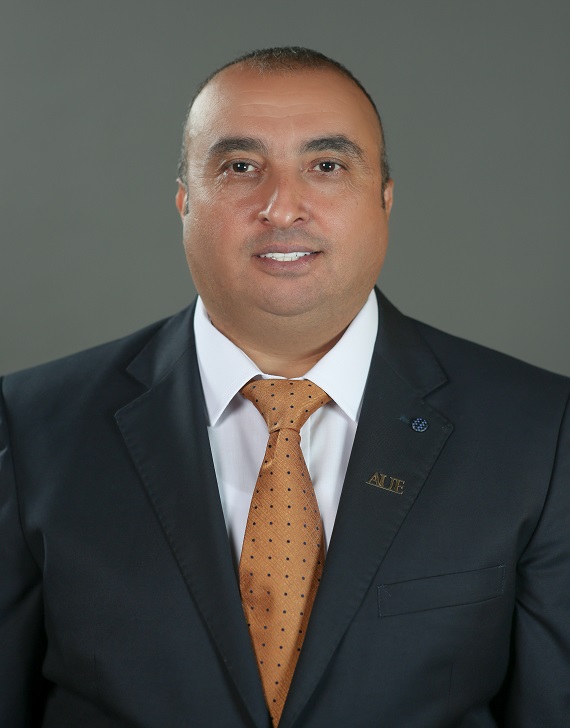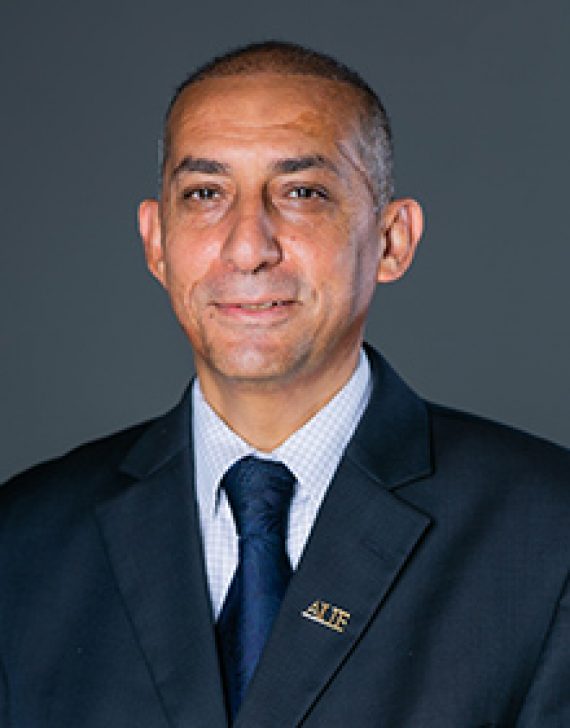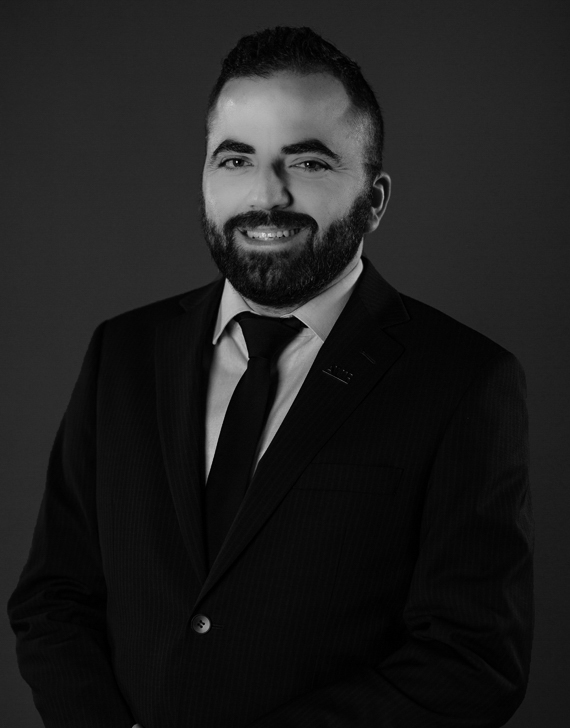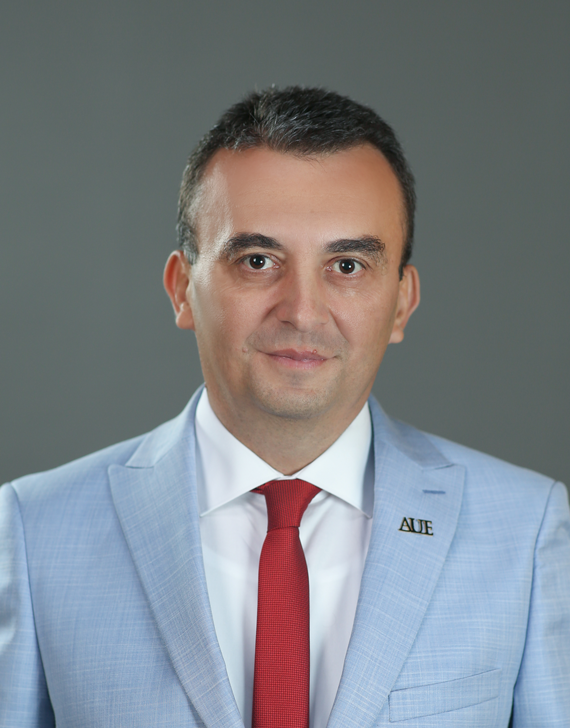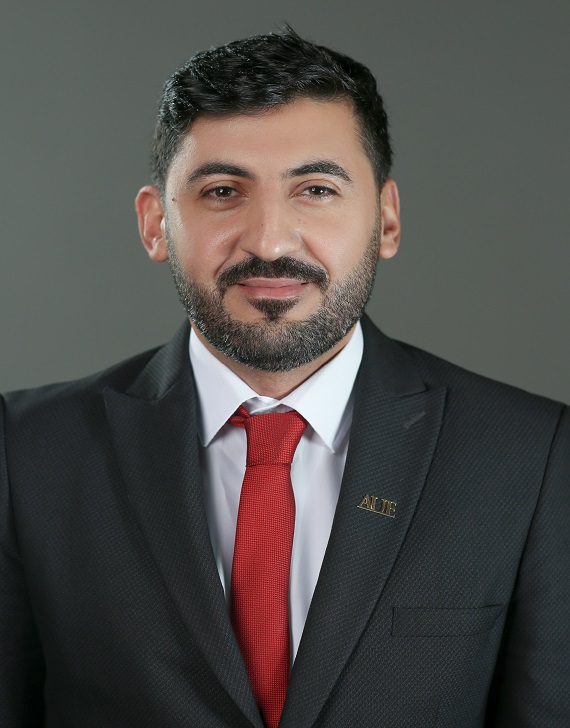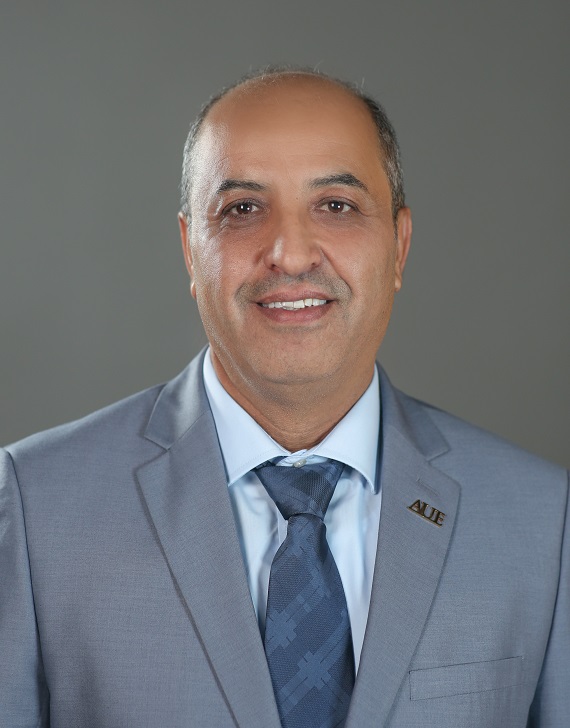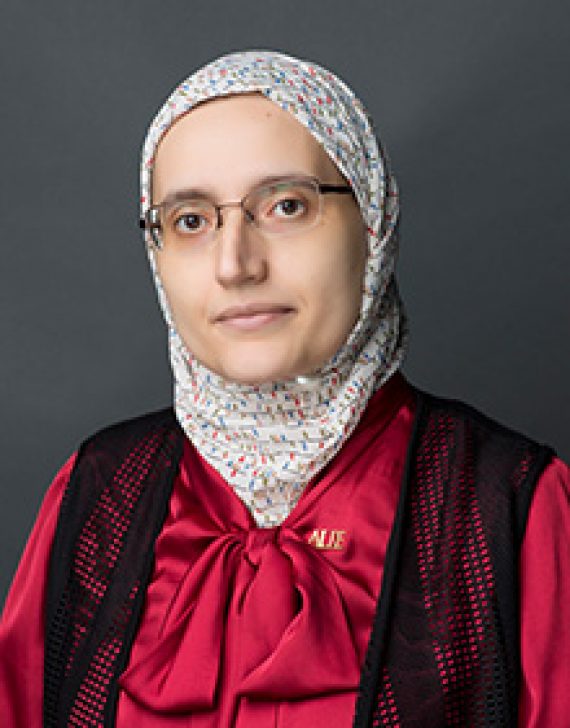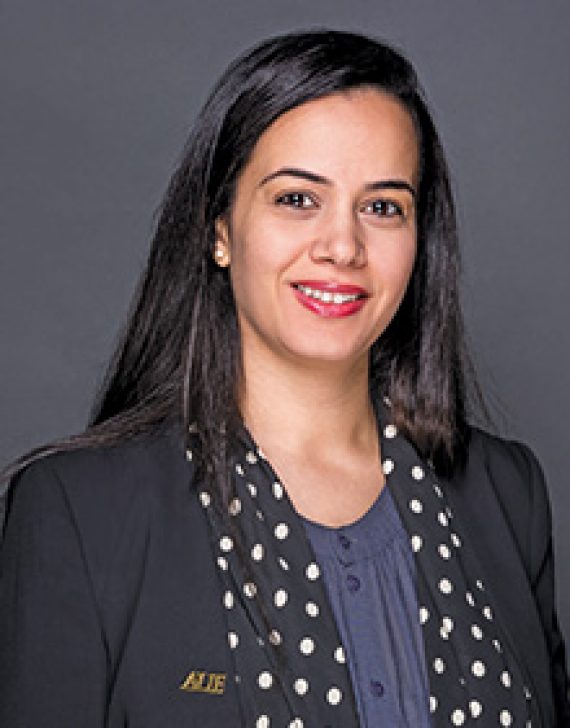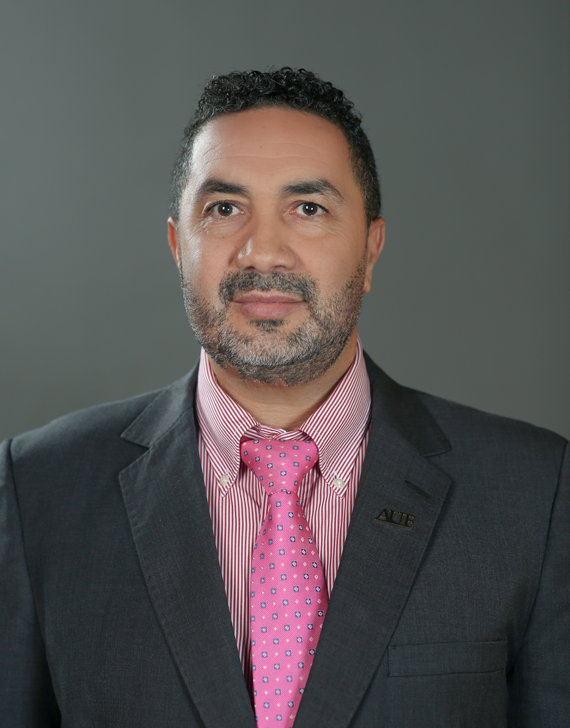Knowledge Management
- Overview
- Program Structure
- Accreditations
- Faculty
- Admission
-
Duration
2 Years
-
Classes
Weekday | Weekend
-
Fees
Tuition (One Semester) ……… Approx. 41,000 AED
One academic year is two semesters
Admission (One Time) ……… 3,500 AED
Leaders Believe Nothing is Impossible
Master in Knowledge Management (MKM) is designed to graduate qualified professionals who are seeking a multidisciplinary degree. The Program offers integrated curricula that expose students to diverse disciplines and the theory and practice of Knowledge Management
Program Goals
Goal 1: Meeting needs of the local and regional market from experts and specialists in the various fields of intellectual property.
Goal 2: Developing scientific research in the field of intellectual property in accordance with the legal rules valid in UAE through supporting Master’s theses, and emphasizing on comparative analytical studies.
Goal 3:Establishing a legal center specialized in Gulf legal studies in the field of intellectual property to contribute to preparation of Master’s students in this field.
Goal 4: Supporting the protection of intellectual property and making the academic program as the axis of the intellectual property development in the UAE and GCC countries through providing consultations, holding academic and occupational conferences for the stakeholders within the social service framework.
Program Learning Outcomes
- Explain the knowledge in the field of intellectual property in an in-depth and comprehensive manner.
- Analyze the contemporary knowledge of scientific research to be a basis for constructive critical thinking and familiarity with the latest developments in intellectual property, professional practice and knowledge production to find new concepts and solutions to emerging challenges
- Prepare scientific research in the field of intellectual property in line with legal research methods and the requirements of scientific integrity
- Present the ability to carry out legal duties objectively, impartially, and independently through interactive and self-learning applications
- Create legal solutions in cases and modern methods in order to take appropriate measures and decisions in accordance with the texts, rulings and judicial principles.
Program Structure
Course Category
Core Courses
Elective Courses
Thesis 1
Thesis 2
Total
Total Number of Courses
5
3
1
1
10
Total Number of Credit Hours
15
9
3
3
30 Credit Hours
- Core Courses
- Free Electives
- Thesis
It was not till the late 1990’s that Chief Executive Officers began discussing Knowledge Management. Since Knowledge Management as a practice is relatively young, many executives have struggled with successful models that could be used as guides. In this course, you will gain an understanding of several key issues that knowledge workers deal with. We will also review current trends in Knowledge Management including but not limited to:
Organizational focus and investments in knowledge management.
A company’s knowledge strategy and how it reflects the competitive strategy.
The role and impact of automation on knowledge workers.
This course uses readings, case studies, personal projects and discussion to expose students to the field of Knowledge Management. The course introduces you to the historical roots, theories, beliefs and frameworks in the field of Knowledge Management. You will also learn to determine the infrastructure requirements to manage intellectual capital. Additionally, you will learn about the role and skill set of today’s knowledge professionals.
It would be very challenging to understand where an organization needs improvement without establishing a baseline. You learn the purpose of a knowledge assessment and evaluation through knowledge audit, mapping, and other various techniques. This includes the steps involved with identifying, evaluation and rating critical knowledge assets, process, and the various audit methods available, and how to audit and analyze a company’s existing knowledge. You will understand and practically apply the formulation and planning, human, structural and relational capital mapping.
You will build upon the foundation of Knowledge Management to apply knowledge principles and peer perspectives to current state as we begin developing knowledge strategy. You will then conduct a complete knowledge audit aimed at assessing the knowledge needs of your department /organization / institution. You will further understand the infrastructure requirements to manage the human, structural and relational capital at an organization/institution. Your assessment should follow a holistic approach and apply the principles of Knowledge Management as they relate to enterprise wide information and knowledge services.
It would be very challenging to understand where an organization needs improvement without establishing a baseline. You learn the purpose of a knowledge assessment and evaluation through knowledge audit, mapping, and other various techniques. This includes the steps involved with identifying, evaluation and rating critical knowledge assets, process, and the various audit methods available, and how to audit and analyze a company’s existing knowledge. You will understand and practically apply the formulation and planning, human, structural and relational capital mapping.
You will build upon the foundation of Knowledge Management to apply knowledge principles and peer perspectives to current state as we begin developing knowledge strategy. You will then conduct a complete knowledge audit aimed at assessing the knowledge needs of your department /organization / institution. You will further understand the infrastructure requirements to manage the human, structural and relational capital at an organization/institution. Your assessment should follow a holistic approach and apply the principles of Knowledge Management as they relate to enterprise wide information and knowledge services.
It would be very challenging to understand where an organization needs improvement without establishing a baseline. You learn the purpose of a knowledge assessment and evaluation through knowledge audit, mapping, and other various techniques. This includes the steps involved with identifying, evaluation and rating critical knowledge assets, process, and the various audit methods available, and how to audit and analyze a company’s existing knowledge. You will understand and practically apply the formulation and planning, human, structural and relational capital mapping.
You will build upon the foundation of Knowledge Management to apply knowledge principles and peer perspectives to current state as we begin developing knowledge strategy. You will then conduct a complete knowledge audit aimed at assessing the knowledge needs of your department /organization / institution. You will further understand the infrastructure requirements to manage the human, structural and relational capital at an organization/institution. Your assessment should follow a holistic approach and apply the principles of Knowledge Management as they relate to enterprise wide information and knowledge services.
It would be very challenging to understand where an organization needs improvement without establishing a baseline. You learn the purpose of a knowledge assessment and evaluation through knowledge audit, mapping, and other various techniques. This includes the steps involved with identifying, evaluation and rating critical knowledge assets, process, and the various audit methods available, and how to audit and analyze a company’s existing knowledge. You will understand and practically apply the formulation and planning, human, structural and relational capital mapping.
You will build upon the foundation of Knowledge Management to apply knowledge principles and peer perspectives to current state as we begin developing knowledge strategy. You will then conduct a complete knowledge audit aimed at assessing the knowledge needs of your department /organization / institution. You will further understand the infrastructure requirements to manage the human, structural and relational capital at an organization/institution. Your assessment should follow a holistic approach and apply the principles of Knowledge Management as they relate to enterprise wide information and knowledge services.
It was not till the late 1990’s that Chief Executive Officers began discussing Knowledge Management. Since Knowledge Management as a practice is relatively young, many executives have struggled with successful models that could be used as guides. In this course, you will gain an understanding of several key issues that knowledge workers deal with. We will also review current trends in Knowledge Management including but not limited to:
Organizational focus and investments in knowledge management.
A company’s knowledge strategy and how it reflects the competitive strategy.
The role and impact of automation on knowledge workers.
This course uses readings, case studies, personal projects and discussion to expose students to the field of Knowledge Management. The course introduces you to the historical roots, theories, beliefs and frameworks in the field of Knowledge Management. You will also learn to determine the infrastructure requirements to manage intellectual capital. Additionally, you will learn about the role and skill set of today’s knowledge professionals.
It would be very challenging to understand where an organization needs improvement without establishing a baseline. You learn the purpose of a knowledge assessment and evaluation through knowledge audit, mapping, and other various techniques. This includes the steps involved with identifying, evaluation and rating critical knowledge assets, process, and the various audit methods available, and how to audit and analyze a company’s existing knowledge. You will understand and practically apply the formulation and planning, human, structural and relational capital mapping.
You will build upon the foundation of Knowledge Management to apply knowledge principles and peer perspectives to current state as we begin developing knowledge strategy. You will then conduct a complete knowledge audit aimed at assessing the knowledge needs of your department /organization / institution. You will further understand the infrastructure requirements to manage the human, structural and relational capital at an organization/institution. Your assessment should follow a holistic approach and apply the principles of Knowledge Management as they relate to enterprise wide information and knowledge services.
It would be very challenging to understand where an organization needs improvement without establishing a baseline. You learn the purpose of a knowledge assessment and evaluation through knowledge audit, mapping, and other various techniques. This includes the steps involved with identifying, evaluation and rating critical knowledge assets, process, and the various audit methods available, and how to audit and analyze a company’s existing knowledge. You will understand and practically apply the formulation and planning, human, structural and relational capital mapping.
You will build upon the foundation of Knowledge Management to apply knowledge principles and peer perspectives to current state as we begin developing knowledge strategy. You will then conduct a complete knowledge audit aimed at assessing the knowledge needs of your department /organization / institution. You will further understand the infrastructure requirements to manage the human, structural and relational capital at an organization/institution. Your assessment should follow a holistic approach and apply the principles of Knowledge Management as they relate to enterprise wide information and knowledge services.
It would be very challenging to understand where an organization needs improvement without establishing a baseline. You learn the purpose of a knowledge assessment and evaluation through knowledge audit, mapping, and other various techniques. This includes the steps involved with identifying, evaluation and rating critical knowledge assets, process, and the various audit methods available, and how to audit and analyze a company’s existing knowledge. You will understand and practically apply the formulation and planning, human, structural and relational capital mapping.
You will build upon the foundation of Knowledge Management to apply knowledge principles and peer perspectives to current state as we begin developing knowledge strategy. You will then conduct a complete knowledge audit aimed at assessing the knowledge needs of your department /organization / institution. You will further understand the infrastructure requirements to manage the human, structural and relational capital at an organization/institution. Your assessment should follow a holistic approach and apply the principles of Knowledge Management as they relate to enterprise wide information and knowledge services.
It would be very challenging to understand where an organization needs improvement without establishing a baseline. You learn the purpose of a knowledge assessment and evaluation through knowledge audit, mapping, and other various techniques. This includes the steps involved with identifying, evaluation and rating critical knowledge assets, process, and the various audit methods available, and how to audit and analyze a company’s existing knowledge. You will understand and practically apply the formulation and planning, human, structural and relational capital mapping.
You will build upon the foundation of Knowledge Management to apply knowledge principles and peer perspectives to current state as we begin developing knowledge strategy. You will then conduct a complete knowledge audit aimed at assessing the knowledge needs of your department /organization / institution. You will further understand the infrastructure requirements to manage the human, structural and relational capital at an organization/institution. Your assessment should follow a holistic approach and apply the principles of Knowledge Management as they relate to enterprise wide information and knowledge services.
It was not till the late 1990’s that Chief Executive Officers began discussing Knowledge Management. Since Knowledge Management as a practice is relatively young, many executives have struggled with successful models that could be used as guides. In this course, you will gain an understanding of several key issues that knowledge workers deal with. We will also review current trends in Knowledge Management including but not limited to:
Organizational focus and investments in knowledge management.
A company’s knowledge strategy and how it reflects the competitive strategy.
The role and impact of automation on knowledge workers.
This course uses readings, case studies, personal projects and discussion to expose students to the field of Knowledge Management. The course introduces you to the historical roots, theories, beliefs and frameworks in the field of Knowledge Management. You will also learn to determine the infrastructure requirements to manage intellectual capital. Additionally, you will learn about the role and skill set of today’s knowledge professionals.
It would be very challenging to understand where an organization needs improvement without establishing a baseline. You learn the purpose of a knowledge assessment and evaluation through knowledge audit, mapping, and other various techniques. This includes the steps involved with identifying, evaluation and rating critical knowledge assets, process, and the various audit methods available, and how to audit and analyze a company’s existing knowledge. You will understand and practically apply the formulation and planning, human, structural and relational capital mapping.
You will build upon the foundation of Knowledge Management to apply knowledge principles and peer perspectives to current state as we begin developing knowledge strategy. You will then conduct a complete knowledge audit aimed at assessing the knowledge needs of your department /organization / institution. You will further understand the infrastructure requirements to manage the human, structural and relational capital at an organization/institution. Your assessment should follow a holistic approach and apply the principles of Knowledge Management as they relate to enterprise wide information and knowledge services.
It would be very challenging to understand where an organization needs improvement without establishing a baseline. You learn the purpose of a knowledge assessment and evaluation through knowledge audit, mapping, and other various techniques. This includes the steps involved with identifying, evaluation and rating critical knowledge assets, process, and the various audit methods available, and how to audit and analyze a company’s existing knowledge. You will understand and practically apply the formulation and planning, human, structural and relational capital mapping.
You will build upon the foundation of Knowledge Management to apply knowledge principles and peer perspectives to current state as we begin developing knowledge strategy. You will then conduct a complete knowledge audit aimed at assessing the knowledge needs of your department /organization / institution. You will further understand the infrastructure requirements to manage the human, structural and relational capital at an organization/institution. Your assessment should follow a holistic approach and apply the principles of Knowledge Management as they relate to enterprise wide information and knowledge services.
It would be very challenging to understand where an organization needs improvement without establishing a baseline. You learn the purpose of a knowledge assessment and evaluation through knowledge audit, mapping, and other various techniques. This includes the steps involved with identifying, evaluation and rating critical knowledge assets, process, and the various audit methods available, and how to audit and analyze a company’s existing knowledge. You will understand and practically apply the formulation and planning, human, structural and relational capital mapping.
You will build upon the foundation of Knowledge Management to apply knowledge principles and peer perspectives to current state as we begin developing knowledge strategy. You will then conduct a complete knowledge audit aimed at assessing the knowledge needs of your department /organization / institution. You will further understand the infrastructure requirements to manage the human, structural and relational capital at an organization/institution. Your assessment should follow a holistic approach and apply the principles of Knowledge Management as they relate to enterprise wide information and knowledge services.
It would be very challenging to understand where an organization needs improvement without establishing a baseline. You learn the purpose of a knowledge assessment and evaluation through knowledge audit, mapping, and other various techniques. This includes the steps involved with identifying, evaluation and rating critical knowledge assets, process, and the various audit methods available, and how to audit and analyze a company’s existing knowledge. You will understand and practically apply the formulation and planning, human, structural and relational capital mapping.
You will build upon the foundation of Knowledge Management to apply knowledge principles and peer perspectives to current state as we begin developing knowledge strategy. You will then conduct a complete knowledge audit aimed at assessing the knowledge needs of your department /organization / institution. You will further understand the infrastructure requirements to manage the human, structural and relational capital at an organization/institution. Your assessment should follow a holistic approach and apply the principles of Knowledge Management as they relate to enterprise wide information and knowledge services.
Recommended Study Plan
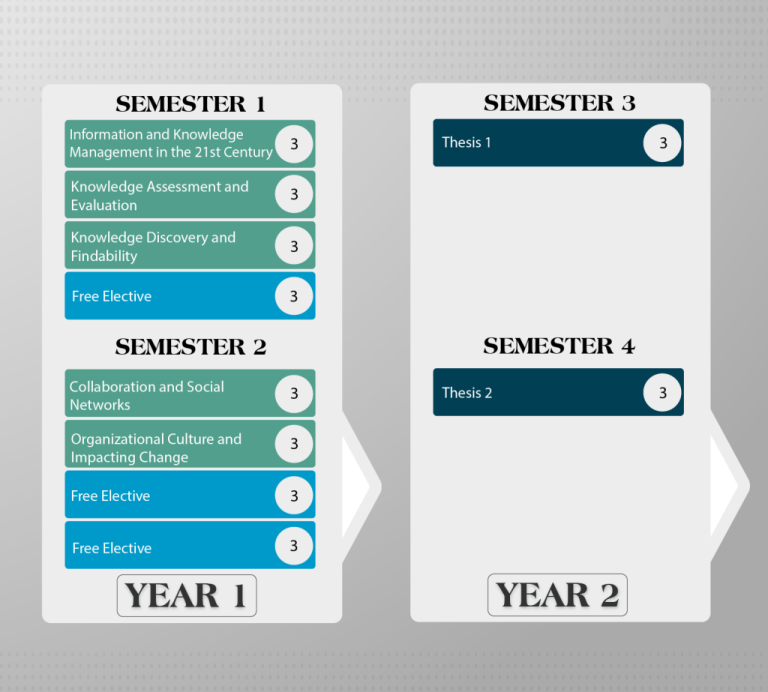
Accreditations
The American University in the Emirates is licensed by the UAE Ministry of Education – Commission for Academic Accreditation | caa.ae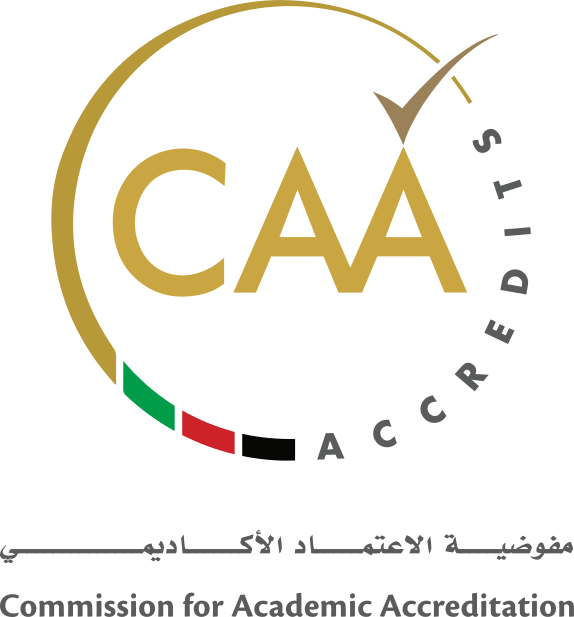
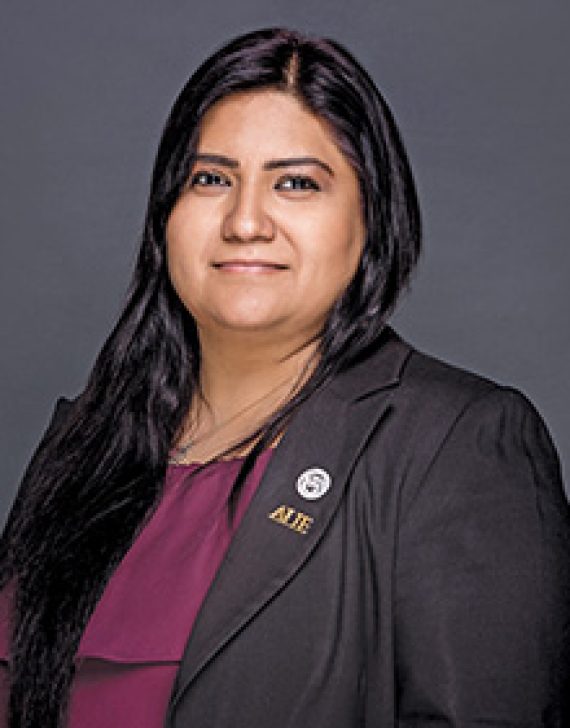
Prof. Asma Salman
Professor / Dean

Prof. Munther-Momany
Professor / Program Director - Master of Business Administration
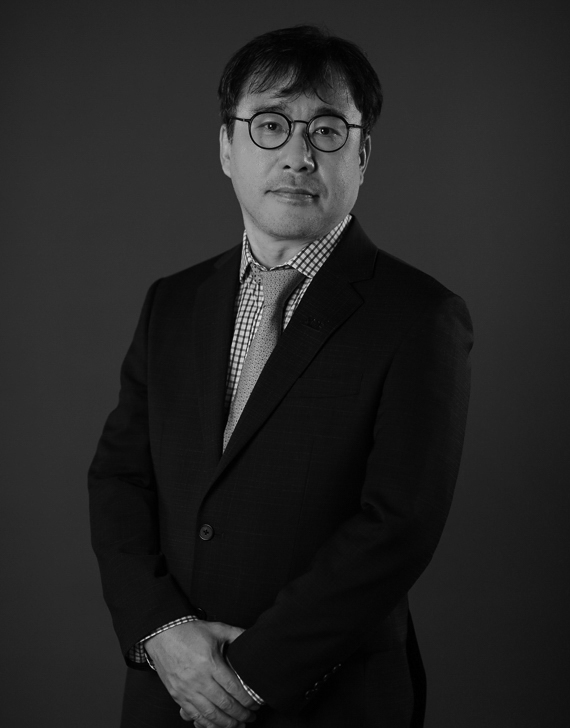
Prof. Sung IL Hong
Assistant Professor / Program Director - Master of Sports Management
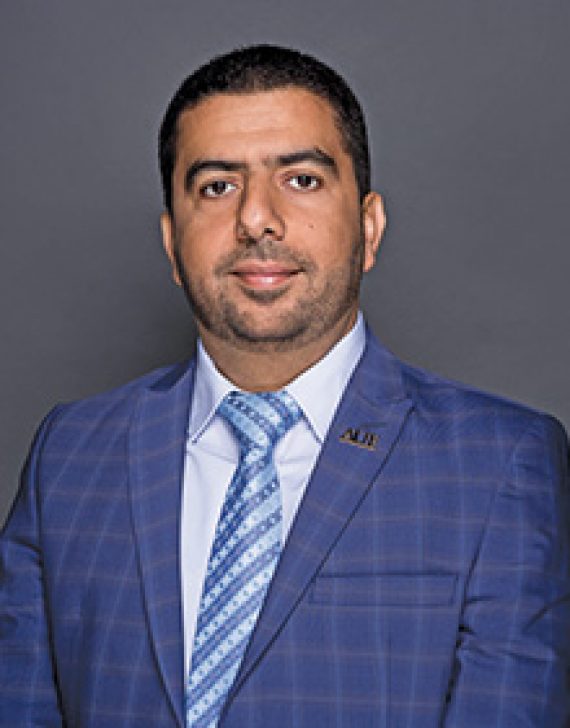
Dr. Azzam Hannon
Associate Professor / Department Chair of Accounting and Finance
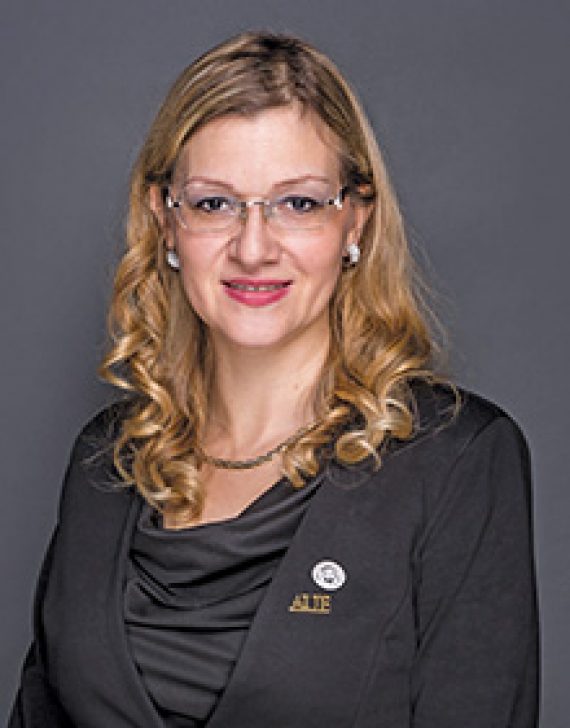
Dr. Nikolina-Ljepava
Assistant Professor / Department Chair of Management
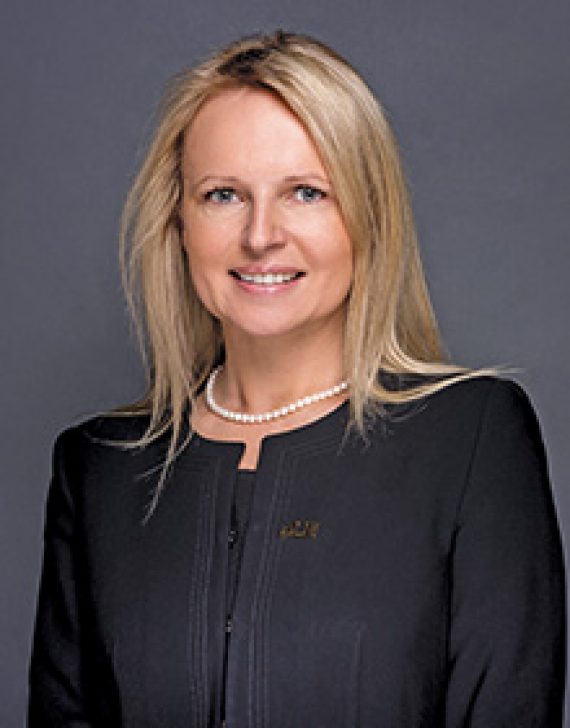
Dr. Edyta Skibińska
Assistant Professor / Specialization Coordinator - Hospital and Healthcare Management
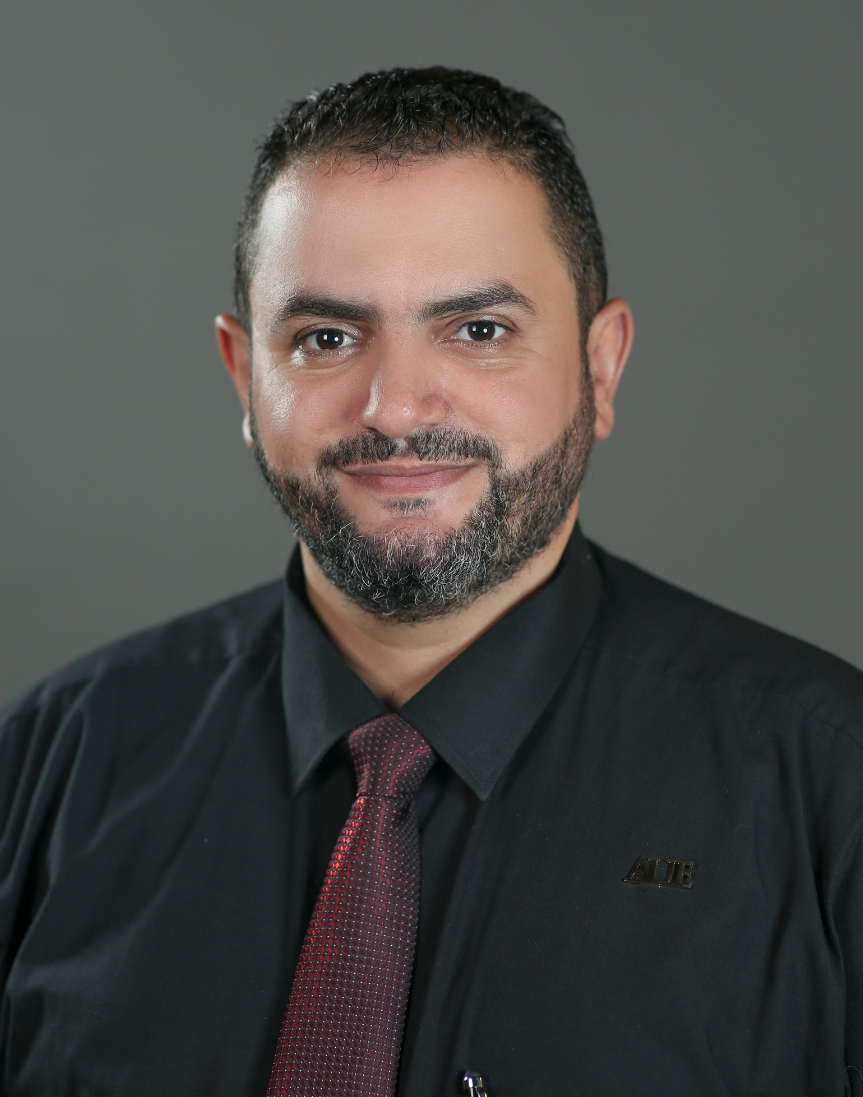
Dr. Mohammad Alsmairat
Assistant Professor / Specialization Coordinator - Logistics and Supply Chain Management

Dr. Riad-Al-Chami
Assistant Professor / Specialization Coordinator - E-commerce and Marketing

Dr. Samer Kobrossy
Assistant Professor / Specialization Coordinator - Business Management
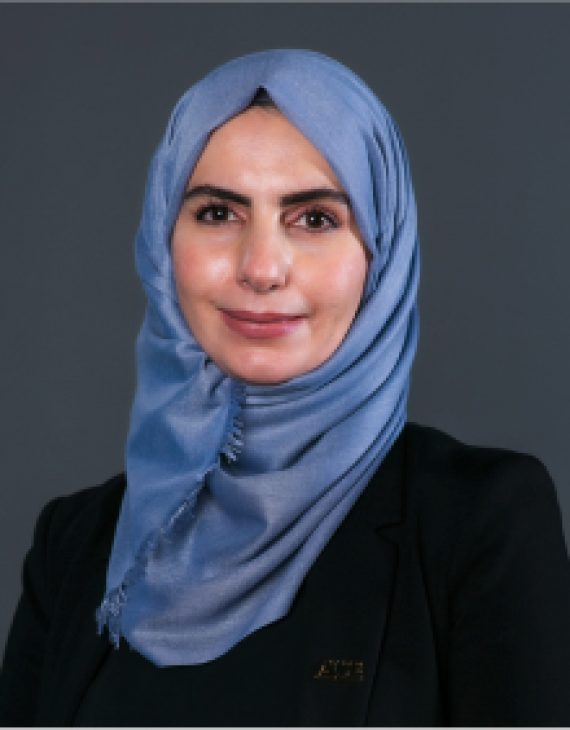
Dr. Tamara Mohammad
Assistant Professor / Specialization Coordinator - Human Resource Management

Dr. Alaa Mushtaha
Assistant Professor / Director of Innovation & Lifelong Learning (RYADA)
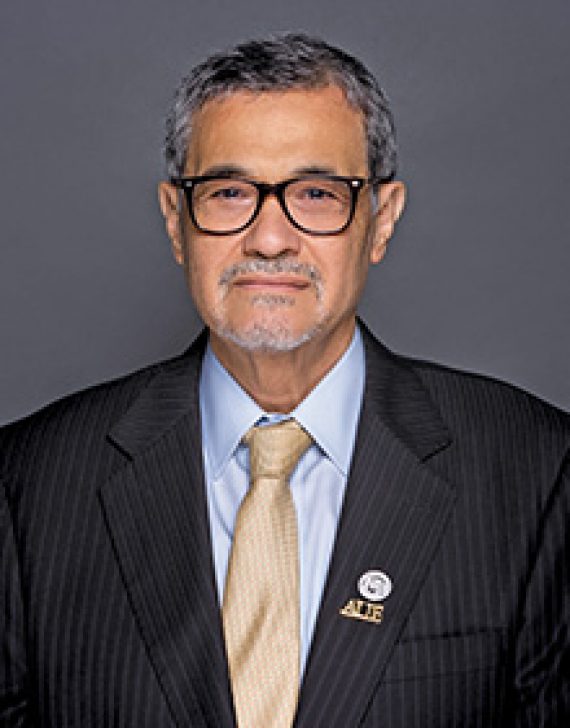
Prof. Salaheddin Abosedra
Professor
Graduation Requirements
- Earn a minimum CGPA of 2.00 on a scale of 4.00.
- Successfully complete all courses as described in the study plan.
- The Degree Completion requirements must be met within the timeframe of the program.
- Successfully complete the “Thesis” course.
Joining the Program
- Fall Semester
-
September
-
Spring Semester
- January
- Summer Semester
- May
